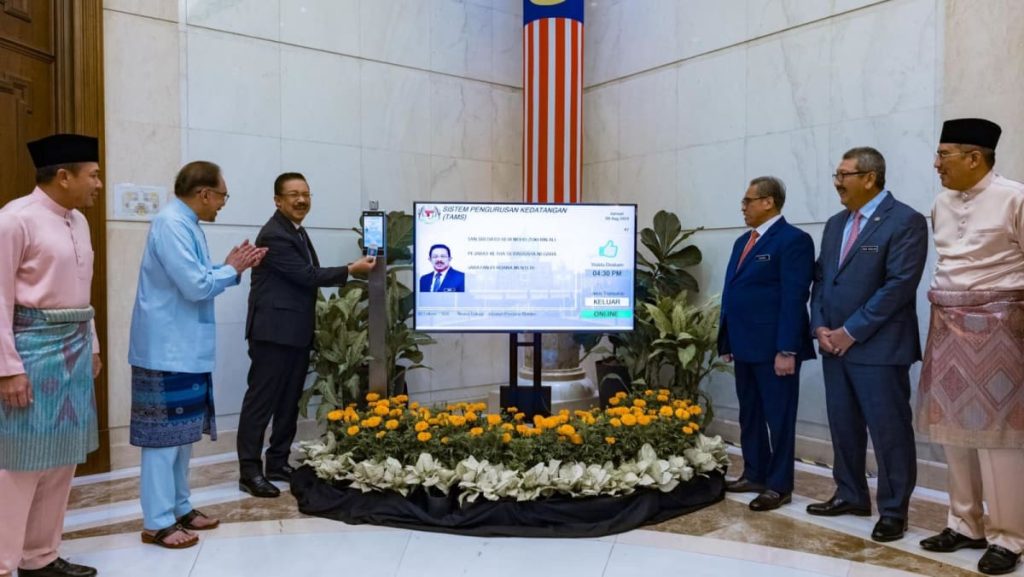The Malaysian civil service, largely composed of the majority ethnic Malay Muslim population, is known for its power and influence within the country. With control over various sectors of the economy, including banking, telecommunications, and transportation, the civil service has a significant impact on the country’s development and governance. However, its close ties to the political elite, particularly the United Malays National Organisation (UMNO), have raised questions about its independence and integrity.
Historically, promotions within the civil service have been linked to loyalty to the ruling party, further cementing the connection between the government and the bureaucracy. This relationship was disrupted when the UMNO-led National Front coalition lost power in the 2018 general election, leading to a period of political instability that empowered the civil service to a greater extent. The new government, led by Prime Minister Anwar Ibrahim, has made it a priority to address issues of corruption and professionalism within the public sector.
The Malaysian Anti-Corruption Commission (MACC) has received numerous complaints related to public procurement, highlighting the prevalence of corrupt practices within the civil service. Despite efforts to crack down on corruption, there have been few high-profile convictions, leading to concerns about the effectiveness of enforcement agencies. Prime Minister Anwar has expressed his dissatisfaction with the lack of progress in this area and has called for greater accountability and transparency within the civil service.
In a surprising move, Prime Minister Anwar appointed a new chief secretary, Mr. Shamsul, who was not among the candidates recommended by the outgoing chief secretary. This decision has raised eyebrows within the civil service and has sparked speculation about the government’s intentions regarding civil service reforms. While the reforms are seen as necessary to address issues of corruption and inefficiency, there is also a risk of backlash from within the civil service.
Political analyst Ibrahim Suffian noted that Prime Minister Anwar’s push for civil service reforms comes at a time of economic growth and stability in Malaysia. However, he cautioned against disrupting the system too much, as this could lead to resistance from certain quarters within the civil service. Moving forward, it will be crucial for the government to strike a balance between implementing necessary reforms and maintaining stability within the civil service to ensure effective governance and development in the country.













